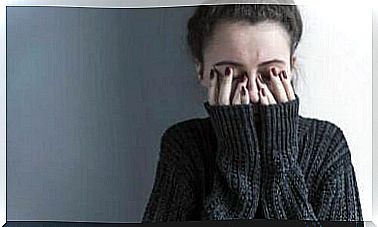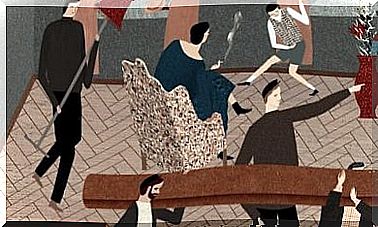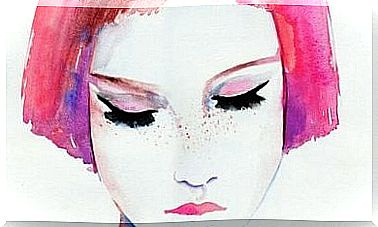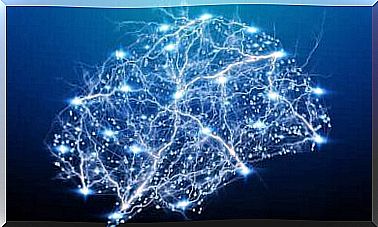What Exactly Is The Nocebo Effect?
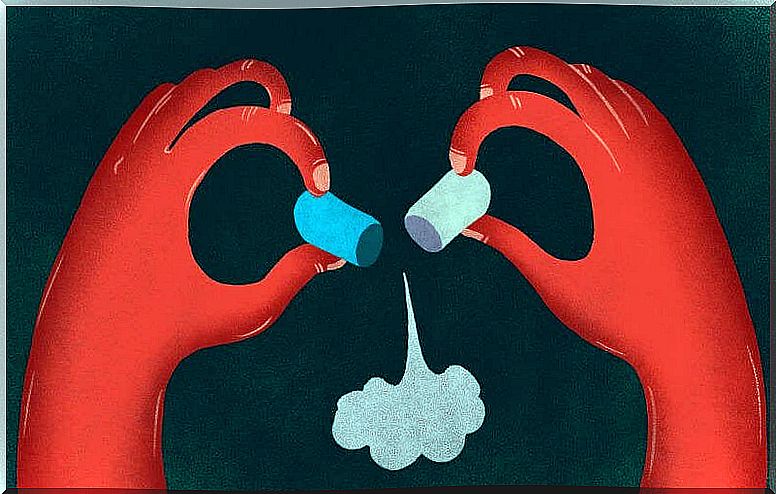
We have all heard of the famous “placebo effect”. You may have even discovered it yourself. There are many studies that support the concept, but the same does not apply to its counterpart – the nocebo effect. It occurs in similar circumstances, but there is still not much research on it, which makes the term somewhat mysterious.
The placebo effect has been helpful to doctors and researchers for years. One thing is for sure: it is very effective during experiments, without harming the participants. It also helps medical experts distinguish severe pain from milder variants.
There are many parents who have seen their children express pain in the most dramatic of ways, so they give them a piece of candy and say it will help. It almost always works (of course, except when the pain is actually great). This is just an example that shows the power of suggestion.
What exactly is the nocebo effect?
Like its counterpart , the nocebo effect works thanks to false hopes. The difference is that the effects are negative with the nocebo effect. A patient believes that a drug will have negative side effects, and then he suffers from precisely these problems.
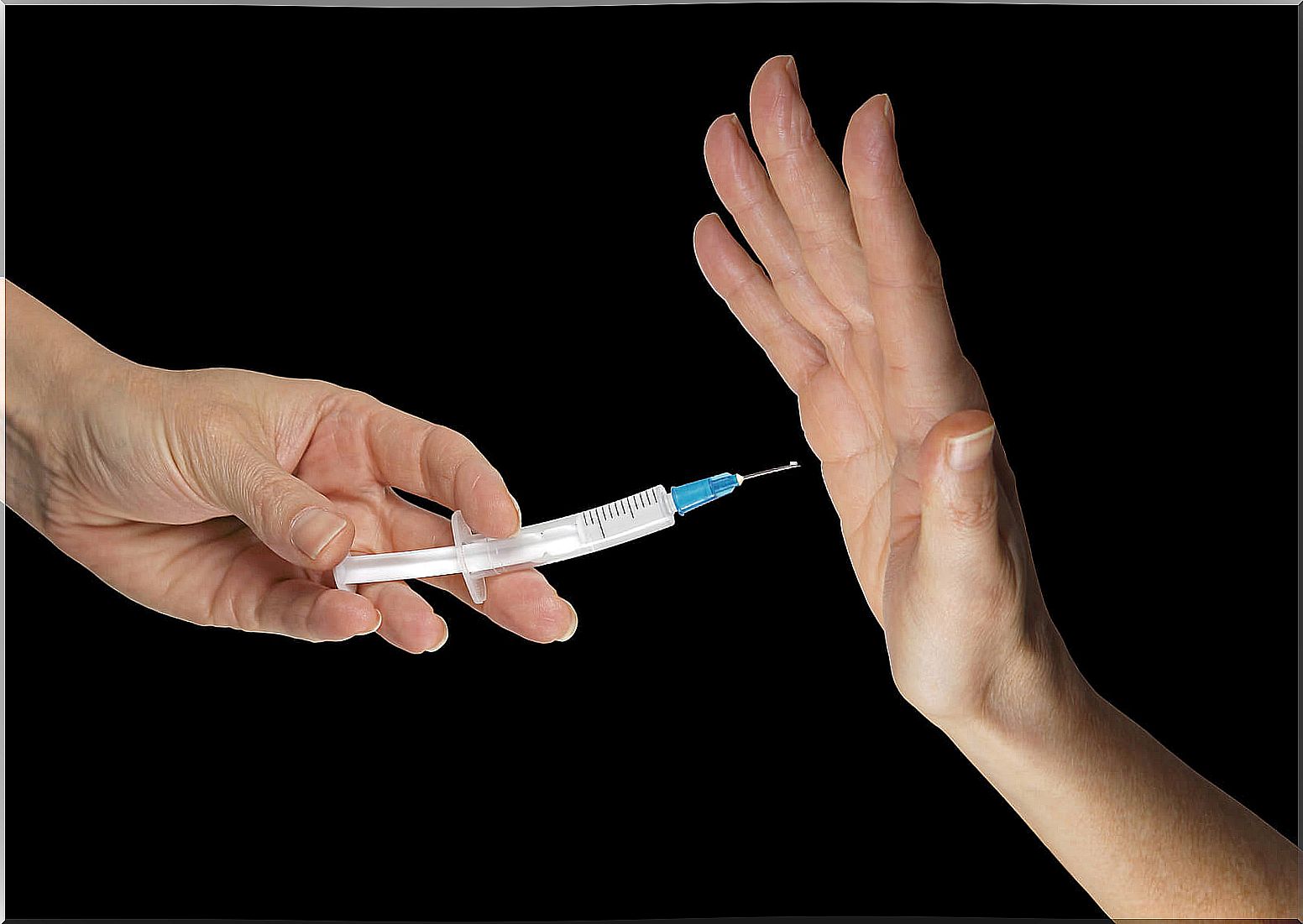
But these effects disappear the moment the patient realizes that they have received false information. The amazing neurological process that causes these changes comes from the stimulation of the prefrontal, orbifrontal and anterior cingular cortex.
The same thing happens with our amygdala, spine, central gray matter and the accumbent nucleus. According to research with magnetic resonance imaging, these areas of the brain affect your perception of your health.
Of course, one must also take into account the person’s attitude and how the researchers administer nocebon. Studies on this effect often come with their fair share of controversy, as they strive for unethical ground.
Prescribing a useless treatment to a patient without telling him or her anything can lead to many problems. The controversy revolves mainly around doctors, because their job is to minimize symptoms, not make them worse, and definitely not try to make them occur.
The price of a drug
According to a study recently published in a scientific journal, the price of a drug has a major impact on people’s subconscious reaction.
A group of researchers tested 49 people by giving them jars full of one type of cream. They told them it was a test of eczema treatment with two different substances. In fact, there was only one.
The blue jars (associated with higher price and quality) had the same cream as the red ones (associated with more readily available drugs). They told the volunteers that they would probably experience a burning sensation, as their skin was hypersensitive.
They would apply it for half an hour and then go to a place that could warm their bodies.
The results were telling. The people who received the blue cans reported higher pain than the people in the other group. The reason is that they associated the more expensive cream with stronger effects. It was a psychological trick that repeated itself and increased in intensity.
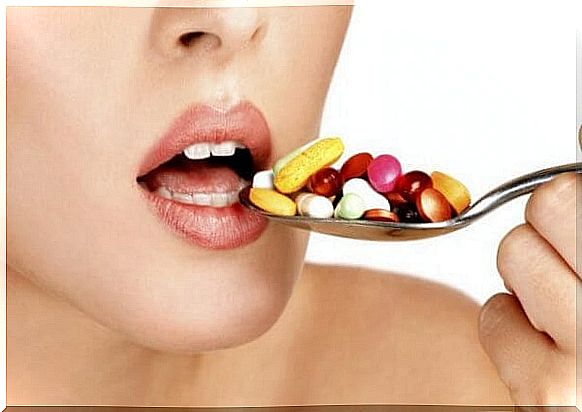
Researchers also discovered that their brains showed activity in exactly the same areas as with the placebo effect. The main difference was in the gray mass, which showed activity in different neural areas. This is how they came to the conclusion that even though the same areas of the brain are activated, the way they are activated is different.
Nocebo effect and fibromyalgia
Researchers have performed similar experiments with fibromyalgia patients. People with this disease are at higher risk of experiencing adverse effects from drugs, and therefore it was decided to treat a group of them with nocebon.
These completely harmless nocebones caused so many problems for people with fibromyalgia that many of them had to discontinue treatment.
The “nocebo effect” may make one wonder, especially as to why there is so little research on it. Or if its effects are so great in all people. Although there are no studies that back it up, it may be that a person’s motivation plays a part in the results.
People who are obsessed with what changes a drug can lead to are at higher risk of experiencing pain. Hypochondria that occurs in some of these cases can actually have a negative effect on a sick person’s symptoms. Again, it seems that our brain is a powerful tool that we all need to learn to handle.
If you can control the way you handle what you are afraid of, you will be less likely to suffer from the “nocebo effect” – the evil twin of the placebo effect.




